Understanding Asian Hair: The Basics
Before diving into the world of conditioners, it's essential to understand the unique characteristics of Asian hair and its common concerns and needs. This will help you choose the right product that caters specifically to your hair type.
Characteristics of Asian Hair
Asian hair is known for its distinct features, which set it apart from other hair types. Here are some key characteristics of Asian hair:
- Thickness: Asian hair strands tend to be thicker and stronger than those of other ethnicities. This is due to the round shape of the hair shaft, which provides more structural support and resilience.
- Straightness: One of the most noticeable features of Asian hair is its natural straightness. The round shape of the hair shaft results in minimal curl, making it appear sleek and smooth.
- Density: Asian hair typically has a higher density of hair follicles compared to other hair types. This means more hair strands per square inch, giving the appearance of fuller, thicker hair.
- Oiliness: The sebaceous glands of Asian hair produce more natural oils than other hair types. While this helps maintain the hair's natural shine and smoothness, it can also make it appear greasier, especially near the scalp.
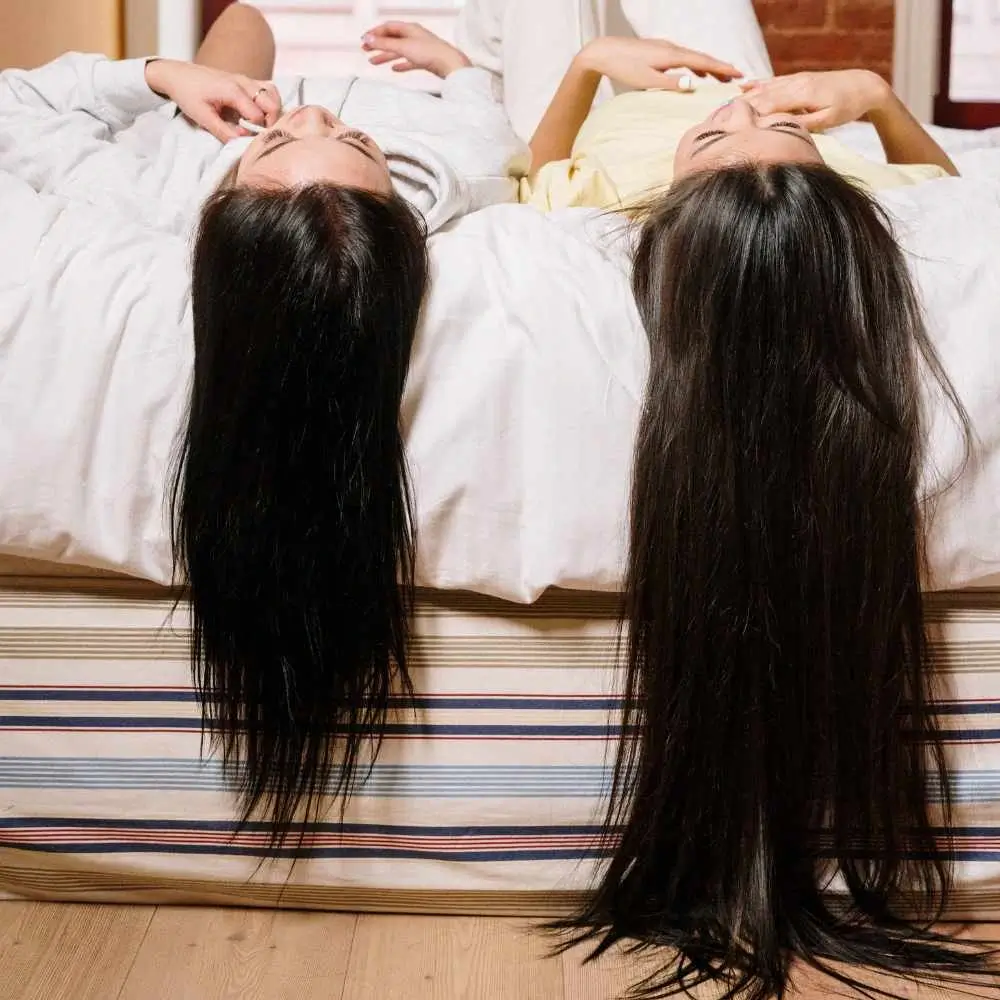
Common Concerns and Needs
Now that we've covered the characteristics of Asian hair, let's discuss some common concerns and needs associated with it:
- Frizz: While Asian hair may be naturally straight, it's not immune to frizz. Changes in humidity and exposure to heat styling tools can cause the hair to become dry and frizzy.
- Dryness: Despite the increased oil production, the natural oils don't always reach the ends of the hair, leaving them prone to dryness and damage. This makes it crucial to find a conditioner that provides adequate hydration to the entire hair length.
- Damage: The thickness and density of Asian hair can make it more resistant to damage, but it's not invulnerable. Over-processing with chemicals, heat styling, and environmental factors can weaken the hair shaft, leading to breakage and split ends.
- Color Retention: Many people with Asian hair choose to color-treat their locks, but the hair's natural darkness can make it challenging to achieve the desired hue. Additionally, color-treated hair requires extra care and nourishment to prevent fading and damage.
Understanding the basics of Asian hair and its common concerns will help you make an informed decision when choosing the best conditioner to maintain your hair's health, shine, and beauty.
Why the Right Conditioner Matters for Asian Hair
Finding the right conditioner is crucial for maintaining the health and appearance of Asian hair. Let's explore the importance of proper hydration and nourishment, and how the right conditioner can address unique hair concerns.
Importance of Proper Hydration and Nourishment
As mentioned earlier, Asian hair is often prone to dryness, especially at the ends. A well-formulated conditioner can provide the necessary hydration and nourishment to keep the hair smooth, soft, and manageable. It works by coating the hair shaft, sealing in moisture, and conditioner is best for damaged hair!
Proper hydration and nourishment can also help prevent breakage and split ends, which are common issues for Asian hair. By ensuring that your hair receives the moisture and nutrients it needs, you can maintain its natural strength and shine.
Addressing Unique Hair Concerns
The right conditioner can do more than just hydrate and nourish; it can also address specific hair concerns unique to Asian hair:
- Frizz Control: Conditioners formulated to tame frizz can help smooth and manage unruly hair. They often contain ingredients like silicones, which create a barrier around the hair shaft, locking in moisture and reducing frizz.
- Damage Repair: If your hair is damaged from heat styling, chemical treatments, or environmental factors, look for a conditioner with repairing ingredients like keratin, proteins, and amino acids. These components can help strengthen and rebuild the hair structure, reducing breakage and improving overall hair health.
- Color Protection: For those with color-treated hair, a color-protecting conditioner is essential. These products are designed to lock in color and prevent fading, while also providing the extra nourishment that color-treated hair needs.
By choosing a conditioner that addresses your unique hair concerns, you can ensure your locks stay healthy, vibrant, and beautiful. The right conditioner can make all the difference in your hair care routine, so it's essential to find the one that works best for your specific needs.
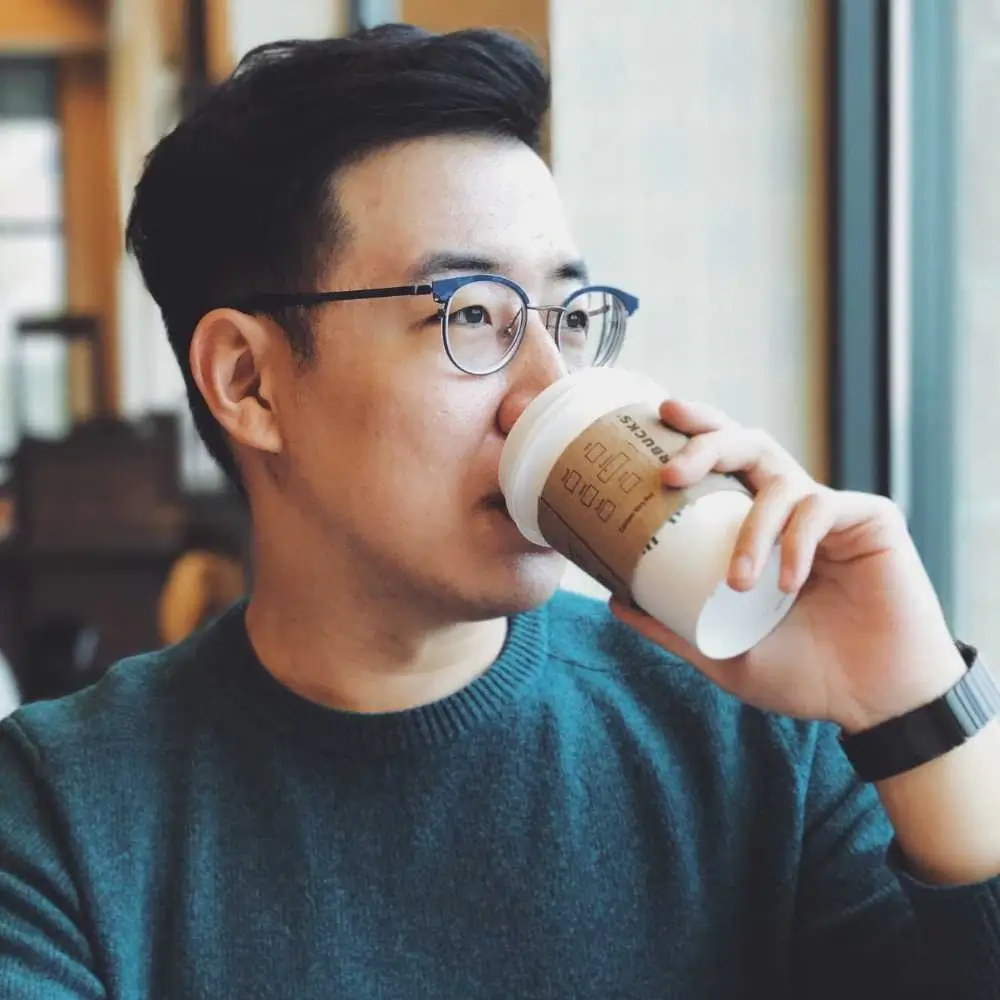
Key Factors to Consider When Choosing the Best Conditioner for Asian Hair
When selecting the perfect conditioner for Asian hair, there are several factors to consider. Keeping these key aspects in mind will help you find a product that not only meets your specific needs but also enhances your hair's overall health and appearance.
Hair Type and Texture
First, consider your hair type and texture. Asian hair can come in various forms, such as:
- Straight, wavy, curly, or coily: While straight hair is the most common among Asians, there are people with wavy, curly, or even coily hair. Different hair types require different levels of moisture and care.
- Fine, medium, or coarse: Hair thickness can also vary, and it's essential to find a conditioner that caters to your hair's specific needs without weighing it down or causing build-up.
Hair Concerns
Next, think about your primary hair concerns. Some common concerns for Asian hair include:
- Frizz control: Look for conditioners with smoothing and anti-frizz properties if you're struggling with unruly or frizzy hair.
- Damage repair: If your hair has been damaged by heat styling, chemicals, or environmental factors, opt for a conditioner with repairing ingredients like proteins and keratin.
- Color protection: For color-treated hair, a conditioner specifically designed for color protection can help maintain your color's vibrancy and longevity.
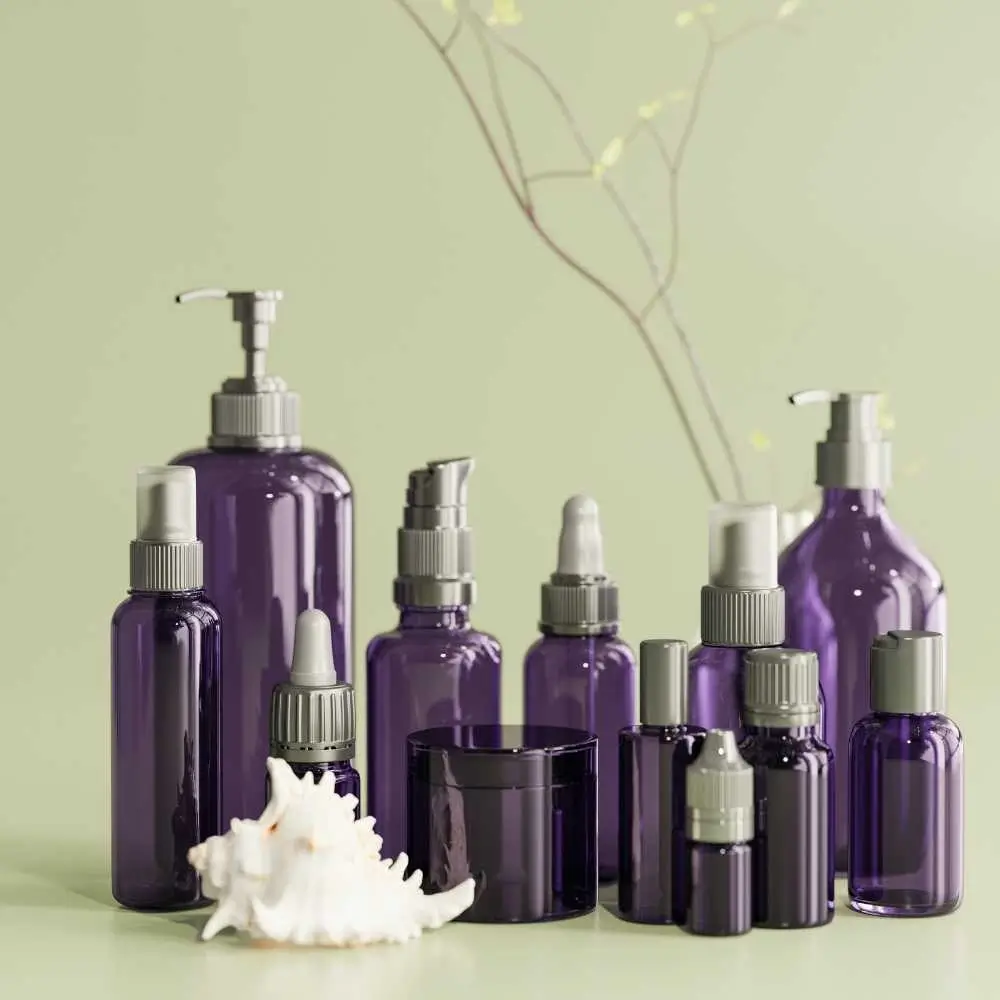
Ingredients
Pay attention to the ingredients in your conditioner. Choose a product that contains nourishing and hydrating ingredients, such as:
- Natural oils (e.g., argan, coconut, or jojoba oil) for added hydration and shine.
- Proteins (e.g., keratin, silk, or soy protein) for strength and elasticity.
- Botanical extracts (e.g., aloe vera, chamomile, or green tea) for soothing and antioxidant benefits.
At the same time, avoid harsh chemicals like sulfates, parabens, and phthalates, which can strip your hair of its natural oils and cause irritation.
Price and Value
Finally, consider the price and value of the conditioner:
- High-end vs. budget-friendly options: While it's tempting to splurge on a luxury conditioner, there are many affordable options that can deliver excellent results. Determine your budget and find a product that offers the best value for your money.
- Cost per use: Don't forget to consider the size of the product and how long it will last. A more expensive conditioner may be more cost-effective in the long run if it lasts longer or requires less product per use.
By considering these factors, you'll be well on your way to finding the best conditioner for your Asian hair, tailored to your unique hair type, concerns, and preferences.
Our List of the Top Products in This Category
1. OUAI Medium Conditioner
2. NEW Shiseido TSUBAKI Premium Moist Conditioner
3. Dove Nutritive Solutions Moisturizing Conditioner
4. Andalou Naturals 1000 Roses Conditioner
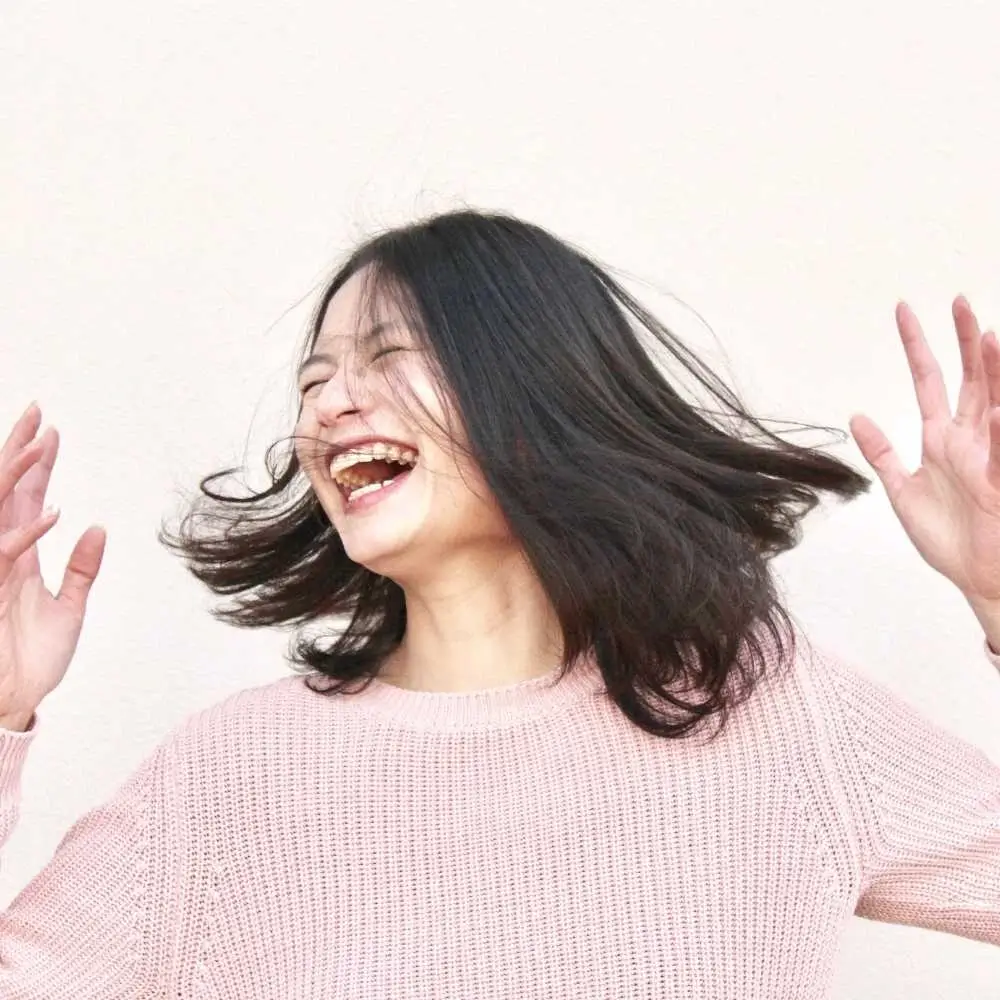
How to Use Conditioner for Maximum Benefits
Using the right conditioner is crucial, but it's equally important to know how to use it correctly. Proper application and usage can significantly impact the benefits you receive from your chosen product. Here are some tips to help you get the most out of your conditioner.
Application Techniques
To maximize the benefits of your conditioner, follow these application techniques:
- Amount of product to use: The amount of conditioner you need depends on your hair length and thickness. Generally, start with a quarter-sized amount for medium-length hair and adjust accordingly for shorter or longer hair. Remember, less is more; you can always add more if needed, but using too much can weigh your hair down.
- Distribution through hair: Focus on applying the conditioner to the mid-lengths and ends of your hair, where it needs the most hydration. Avoid applying it directly to the scalp, as this can cause build-up and make your roots appear greasier. Use a wide-tooth comb or your fingers to distribute the product evenly throughout your hair.
- Leave-in time: Allow the conditioner to sit on your hair for the recommended time on the product label, typically 2-5 minutes. This gives the product enough time to penetrate the hair shaft and deliver its benefits. For deep conditioning treatments, you may need to leave the product in for 10-30 minutes, depending on the instructions.
Frequency of Use
Determining how often to condition your hair can vary based on individual needs and hair concerns:
- Daily conditioning: For most people with Asian hair, using a daily conditioner every time you wash your hair is sufficient. This helps maintain hydration, smoothness, and manageability.
- Deep conditioning: If your hair is particularly dry, damaged, or color-treated, you may benefit from using a deep conditioning treatment once a week or every two weeks. These treatments provide a more intense level of hydration and nourishment to help repair and restore your hair's health.
- Adjusting for individual needs: Remember that everyone's hair is different, and you may need to experiment to find the right conditioning frequency for your specific needs. Pay attention to how your hair feels and reacts to the products you use, and adjust your routine accordingly.
By using the right application techniques and conditioning frequency, you can ensure that your hair receives the maximum benefits from your chosen conditioner, leading to healthier, more beautiful locks.
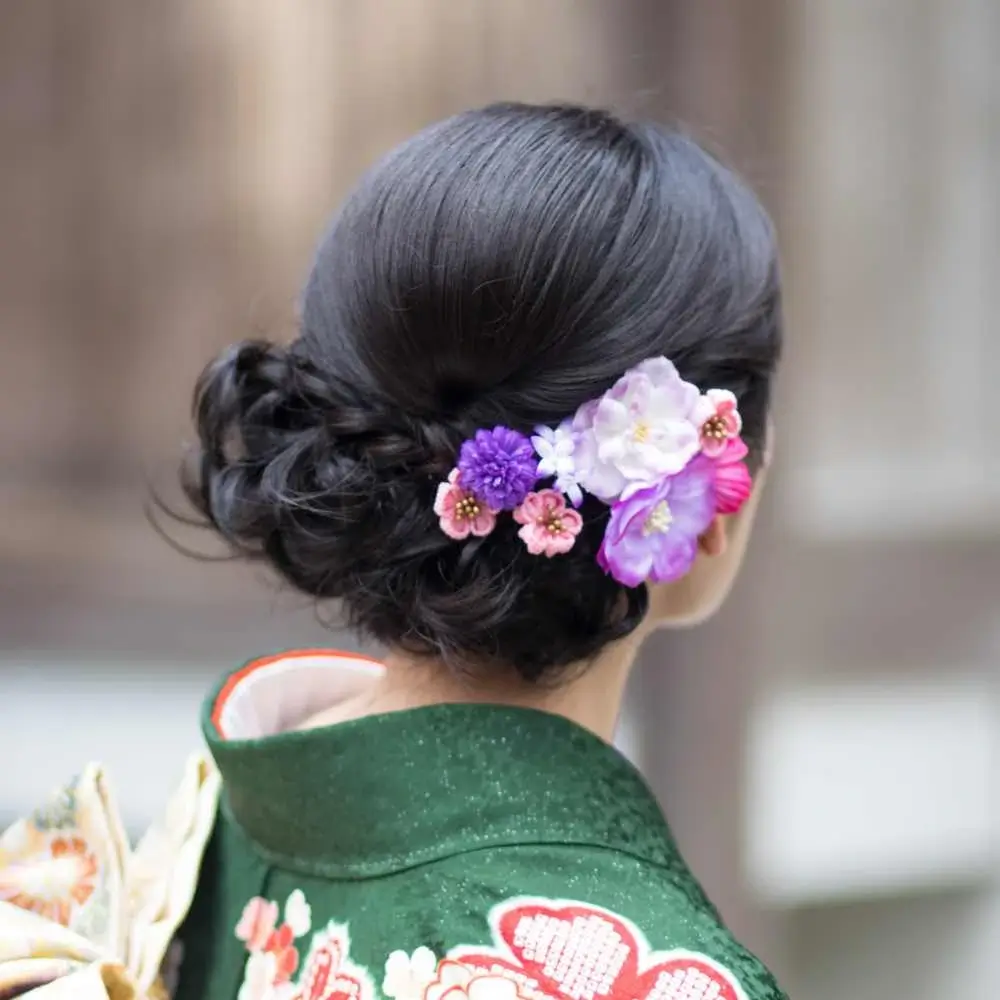
Additional Tips for Maintaining Healthy Asian Hair
While using the right conditioner is essential for maintaining healthy Asian hair, there are other practices that can significantly contribute to your hair's overall health and appearance. Here are some additional tips to help you maintain and care for your Asian hair:
Proper Shampooing
- Choose the right shampoo: Just like selecting the right conditioner, finding a shampoo that caters to your hair type and concerns is crucial. Opt for sulfate-free shampoos that gently cleanse without stripping your hair of its natural oils.
- Scalp-focused cleansing: When shampooing, focus on massaging the product into your scalp to remove dirt, oil, and build-up. This helps maintain a healthy scalp environment, which is essential for hair growth and overall hair health.
- Don't over-wash: Washing your hair too frequently can strip your hair of its natural oils, leading to dryness and damage. Aim to wash your hair every 2-3 days or even less frequently, depending on your hair type and lifestyle.
Heat Protection
- Limit heat styling: Excessive use of heat styling tools like flat irons, curling wands, and blow dryers can weaken the hair shaft and cause damage over time. Limit heat styling to special occasions or when necessary, and always use the lowest heat setting possible.
- Use a heat protectant: Before using any heat styling tools, apply a heat protectant spray or serum to your hair. This creates a barrier that helps minimize the damage caused by high temperatures.
- Air-dry when possible: Instead of using a blow dryer, try to let your hair air-dry whenever possible. This reduces the amount of heat your hair is exposed to and helps maintain its natural texture and shine.
Regular Trims
- Schedule regular haircuts: Getting regular trims every 6-8 weeks can help maintain your hair's overall health and appearance. Trimming off split ends and damaged hair prevents breakage from traveling up the hair shaft and keeps your locks looking fresh and healthy.
- Invest in quality hair tools: Using sharp, high-quality scissors for trimming your hair is essential. Dull or poor-quality scissors can cause more damage and split ends.
By incorporating these additional tips into your hair care routine, you can maintain healthy, beautiful Asian hair that looks and feels its best. Remember that consistency is key, and taking care of your hair regularly will lead to long-lasting results.

Conclusion
In conclusion, maintaining healthy Asian hair and choosing the best conditioner requires understanding the unique characteristics of your hair, selecting a product based on key factors, and implementing proper hair care techniques. To recap:
- Familiarize yourself with the basics of Asian hair and recognize the importance of proper hydration and nourishment.
- Pay attention to factors such as hair type and texture, hair concerns, ingredients, and price when selecting the best conditioner.
- Learn how to use conditioner effectively by employing the right application techniques and determining the ideal frequency of use.
- Adopt additional hair care tips, like proper shampooing, heat protection, and regular trims, to ensure the overall health of your hair.
We encourage you to explore our "Top Products" article for specific product recommendations tailored to the needs of Asian hair. With this knowledge, you'll be well-equipped to make informed decisions about your hair care routine and enjoy beautiful, healthy locks.
Don't hesitate to dive into the world of conditioners specifically designed for Asian hair. Your hair deserves the best care possible, and finding the right conditioner can make all the difference. Happy conditioning, and may you discover the perfect product to meet your hair care needs!






